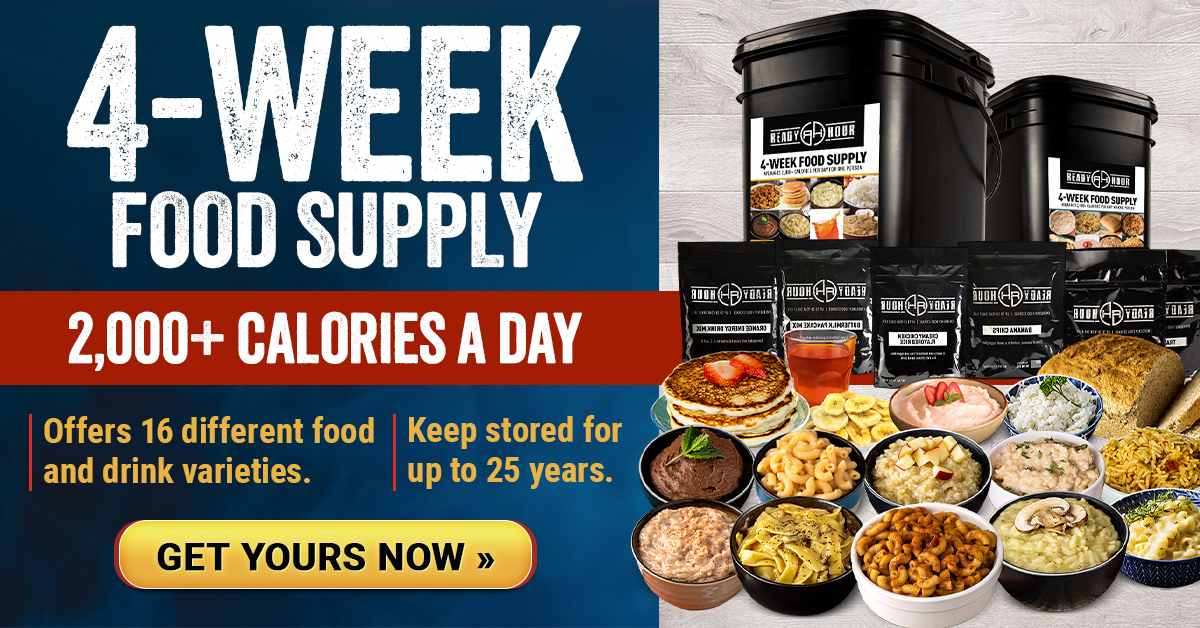The Wuhan coronavirus (COVID-19) vaccines purportedly reprogram the immune system to turn against the body, causing lymphocytes to attack important organs.
Arne Burkhardt and Walter Lang, two pathology professors from Germany, held a press conference to explain this phenomenon. They presented an analysis of 10 autopsies from people who died soon after their COVID-19 vaccination. All 10 individuals were aged 50, and died at various intervals in the two weeks following their vaccination.
Microscopic studies of tissue samples from the deceased individuals yielded an interesting find – the occurrence of a “lymphocyte riot.” Burkhardt and Lang discovered an alarming number of lymphocytes in various organs such as the liver, kidneys, spleen and uterus. The lymphocytes vigorously attacked the tissues in the organs and caused serious damage. (Related: Evidence shows COVID vaccines cause serious damage to the immune system.)
This autoimmune horror could only be attributed to the COVID-19 vaccination. Burkhardt and two other pathologists attested to this, verifying that the vaccines triggered this pathogenesis in five of the 10 deceased individuals.
However, the medical examiners refused to acknowledge the COVID-19 shot’s role in the demise of the victims. Two of the cases reported the vaccination as a “probable” cause of death, while two others were noted as “rather coincident” or “possibly” caused by the vaccine.
Regardless, Burkhardt emphasized that autoimmune diseases were among the deadly side effects of the COVID-19 shot. He outlined such conditions found in the vaccinated victims such as Sjogren’s syndrome (lymphocytes attacking the glands that produce tears and saliva), leucoclasmic vasculitis of the skin (blood vessels in the skin becoming inflamed) and Hashimoto’s disease (inflammation of the thyroid gland).
Several of the deaths were caused by lymphocytic myocarditis, which is caused by the lymphocytes attacking and damaging the heart muscle. While the disease occurs in both young and old people after their COVID-19 vaccination, it is often misunderstood as a general infarction and blamed on other factors.
Burkhardt also criticized medical coding standards utilized for finalizing death certificates that were currently in place. He dubbed these as “completely unsuitable” and “ultimately statically worthless,” because they make unclear arguments and do not refer to specific medical evidence.
Vaccines kill: Burkhardt and Lang’s findings confirm results of an earlier analysis
Burkhardt and Lang’s findings attested to the results of an earlier analysis, which looked at more autopsies. Back in August 2021, Dr. Peter Schirmacher examined 40 autopsies of people who died within two weeks of getting their COVID-19 vaccine dose.
Schirmacher, a professor at Heidelberg University, concluded that one-third of the people died from the vaccination immediately, either through cerebral vein thrombosis or autoimmune diseases. He displayed microscopic details of serious tissue damage induced by the vaccines to back up his claim
Despite criticism from health authorities, he received support from his fellow pathologists. The Federal Association of German Pathologists threw its support behind Schirmacher, stating that more autopsies of vaccinated people who died within a certain time frame after vaccination should be performed.
For his part, Schirmacher responded to the criticism by denying that he lacked competence. “The colleagues are definitely wrong, because they cannot assess this specific question competently,” he said.
Schirmacher also denied allegations that he was trying to spread panic and rebuked allegations that he was an opponent of vaccinations, citing the fact that he himself was vaccinated.
Follow VaccineDamage.news for more about how the COVID-19 vaccines undermine the immune system.
Watch the video below to know how the COVID vaccines completely destroy the immune system.
This video is from the TruthAndFreedom1 channel on Brighteon.com.
More related stories:
- Covid vaccination linked to new and recurrent cancer – the jabs cause severe damage to the immune system.
- Swedish study finds that covid vaccines deplete the immune system, INCREASE all-cause mortality by 20%.
- Dr. Ryan Cole explains how the COVID vaccines compromise the immune system.
Sources include:





